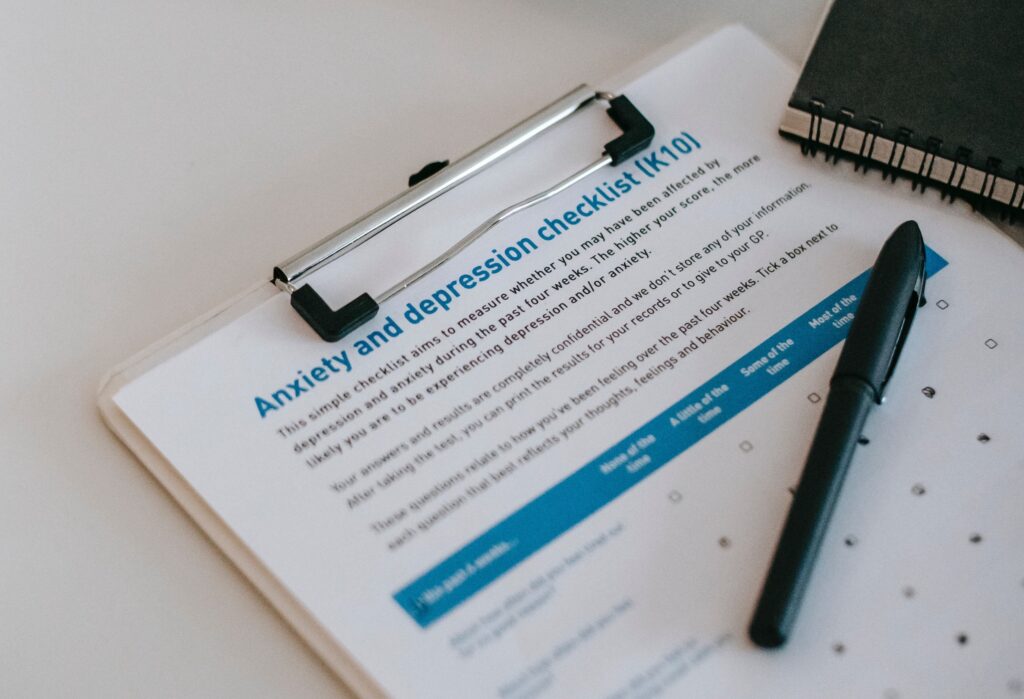Social anxiety is extremely common. Some estimates put it at or among the top of the list of mental health difficulties. And it can be quite debilitating. Good news though: well-established evidence-based social anxiety training for therapists exist to effectively help.
Social anxiety mainly entails two key processes. 1) Avoidance of social situations, and 2) repeatedly worrying about being judged, laughed at, or evaluated negatively. Often times, the individual has extensive thoughts of doing something wrong and/or others judging them. But they may do fine in social situations.
Interesting research even shows that individuals with social anxiety show increased attention toward negative facial expressions. They also show slowed ability to shift attention away from negative facial expressions that may relate to social anxiety. But such attentional bias can be modified!
Occasionally, however, those with social anxiety really do have difficulty in social situations. They sometimes display social behaviors or respond in ways that actually are off-putting or awkward to others.
So what therapist resources help?? A few key evidence based approaches are helpful. Cognitive restructuring along with behavioral experiments or exposure to social situations appear to work well. And sometimes these approaches help along with social skills or assertiveness training.
Luckily, the Cognitive Behavior Institute has a good social anxiety training that covers these and other evidence-based approaches all-in-one. This allows for a well-rounded training experience that meets the needs of many different individuals with social anxiety.
Pros: This social anxiety training boasts the ability to provide intensive information on 5 leading evidence-based treatment approaches. It also provides extensive materials for practice assignments and structured exercises that are instrumental in helping those with social anxiety. And the price tag is pretty dang good for all this.
Cons: Intensive overviews of each treatment does not quarantee time to go in-depth treatment on any one particular approach. However, this and other outlets can provide training in fundamentals of CBT, exposure for anxiety, and other approaches that are foundational to those approaches.
Social anxiety is extremely difficult. We are social creatures, after all. And people are everywhere! Not to mention how much of a role they play on human well-being. Evidence-based social anxiety training builds our therapist resources to help individuals overcome this difficulty.














